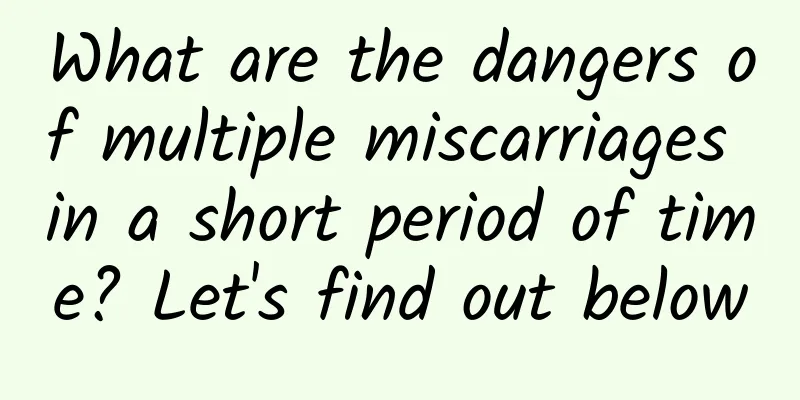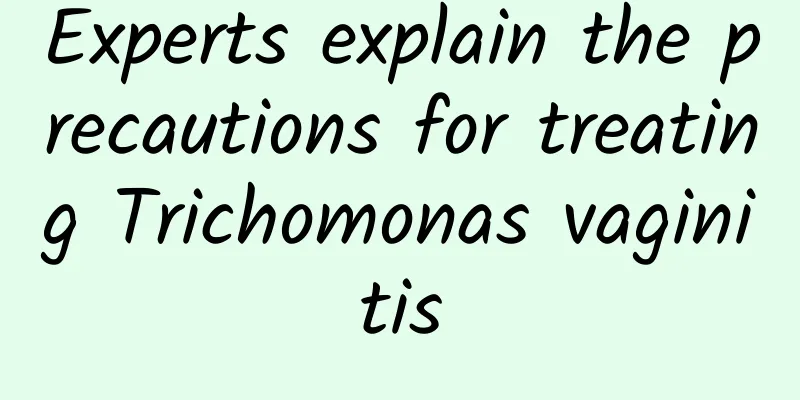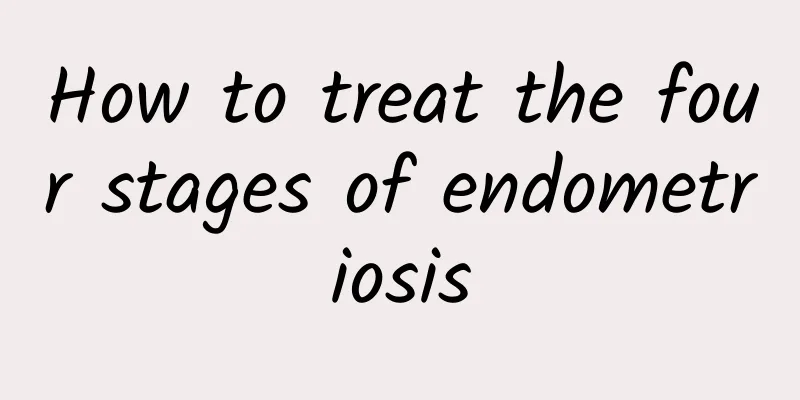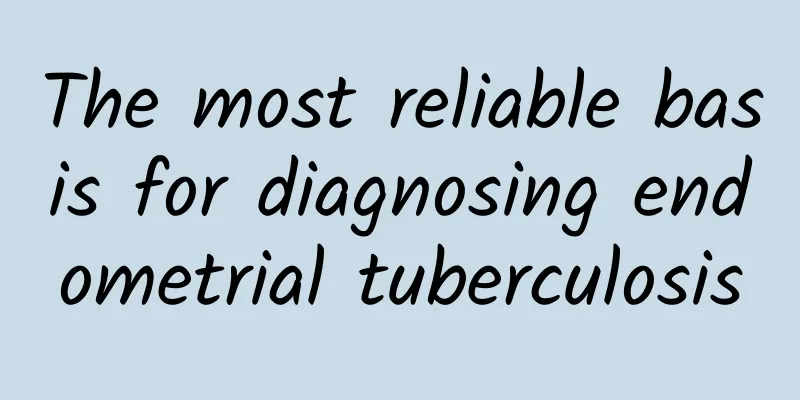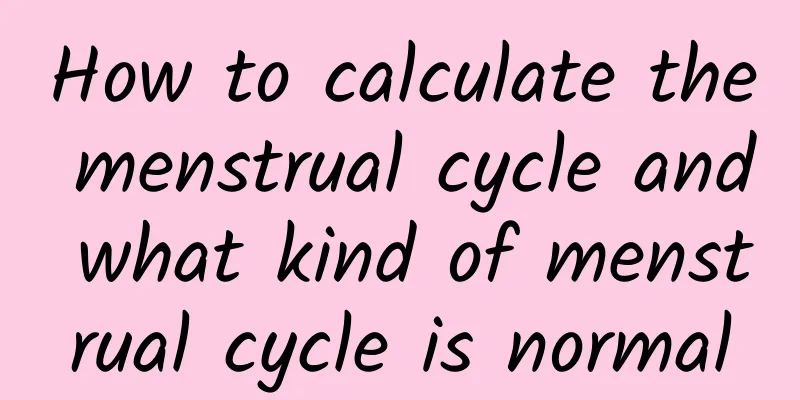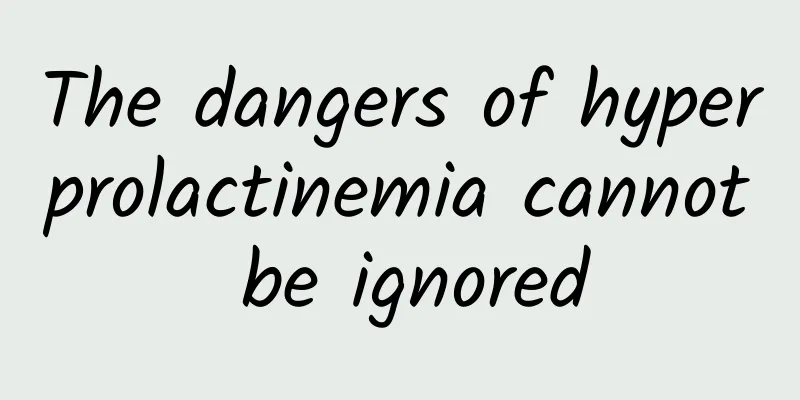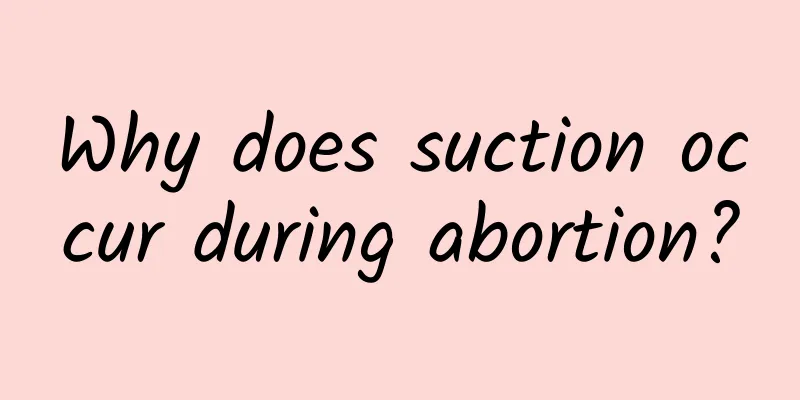Does a left ovarian cyst hurt? Where does it hurt?
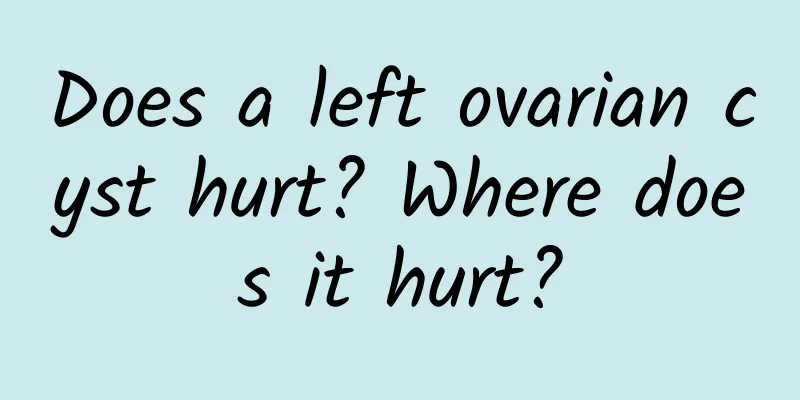
|
Left ovarian cysts not only bring psychological burdens to female patients, but also bring various harms to their bodies. Left ovarian cysts have a variety of symptoms. So, will left ovarian cysts hurt? Where does it hurt? One of the symptoms of left ovarian cysts is abdominal pain. If the tumor has no complications, there is very little pain. Patients with ovarian tumors feel abdominal pain, especially when it occurs suddenly, which is mostly caused by the twisting of the tumor pedicle, or occasionally by tumor rupture, bleeding or infection. Malignant cysts often cause abdominal pain and leg pain, and the pain often causes patients to seek emergency treatment. Clinically, ovarian cysts often present with lower abdominal pain, discomfort, increased vaginal discharge, yellow vaginal discharge, abnormal vaginal odor, and menstrual irregularities. There is usually a firm, painless mass in the lower abdomen, and sometimes sexual intercourse can be painful. When cysts affect hormone secretion, symptoms such as irregular vaginal bleeding or increased hair growth may occur. If the cyst pedicle is twisted, there will be severe abdominal pain, bloating, difficulty breathing, loss of appetite, nausea and fever. Larger cysts will cause pressure near the bladder, causing frequent urination and dysuria. Especially when these symptoms are more severe, bleeding is frequent and occur at the same time, women are more likely to suffer from ovarian cysts, and the risk of malignant ovarian cancer is greater. There are many drugs to choose from for the treatment of left ovarian cysts. Here are some common drugs for female friends to refer to: Xiaojie'an Capsule: Dai medicine: Tongselesailong, Bingnonggannongnei Nongjie, Hunbingnei, Bingban. Traditional Chinese medicine: Activate blood circulation and remove blood stasis, soften and disperse nodules. It is used for breast lumps caused by qi stagnation and blood stasis, breast lobular hyperplasia, ovarian cysts, and uterine fibroids with the above symptoms. Hongjin Xiaojie Concentrated Pills: Soothes the liver and regulates qi, softens and disperses nodules, activates blood circulation and removes blood stasis, reduces swelling and relieves pain. Used for breast lobular hyperplasia, uterine fibroids, and ovarian cysts caused by qi stagnation and blood stasis. Guizhi Fuling Capsule: used for endometriosis, chronic pelvic inflammatory disease, uterine fibroids, dysmenorrhea, amenorrhea, ovarian cysts, breast hyperplasia, prostate hyperplasia, urology, breast surgery, obstetrics and gynecology. |
<<: What happens if uterine fibroids compress the bladder during pregnancy?
>>: What are the causes of menstrual disorders?
Recommend
Is there any shadow? Can heating Coke cure a cold? Professor Wang Jinkun: "Drink this cup" for better results
Coke is a favorite drink of many adults and child...
What is an ovarian cyst in early pregnancy?
Ovarian cysts in early pregnancy may be related t...
What complications may occur?
What does artificial abortion mean? What are the ...
Exercise and diet control, but still can’t lose body fat? You may have overlooked these two things
"Endocrine" and "stress management...
Is it possible that an ectopic pregnancy can be contagious?
Is ectopic pregnancy contagious? This is a questi...
Is pelvic inflammatory disease a serious disease?
In our country, the incidence of pelvic inflammat...
The "Five Stopping" Effects of Plum
Wumei is a traditional Chinese medicine with astr...
To lose weight, learn to calculate your basal metabolic rate first
I believe that many people over the age of 30, if...
What are the advantages and disadvantages of medical abortion and surgical abortion?
When it comes to the two ways of abortion, medica...
What are the main causes of irregular menstruation?
From a medical point of view, the causes of irreg...
Principles of regulating dysmenorrhea
Dysmenorrhea is a gynecological disease that requ...
Lose weight and reduce appetite by soaking black fungus powder in water
When it comes to losing weight, "eat less an...
Sitting for a long time and crossing your legs can help you get rid of hip pain with these 3 hip exercises
Are you a "sedentary worker"? Do you of...
There is a way to reduce fat and eliminate edema! How to Drink Cassia Seed and Lotus Leaf Water
Small forces, great achievements! Don’t underesti...
What medicine is good for curing fungal vaginitis?
What medicine is good for curing fungal vaginitis...
